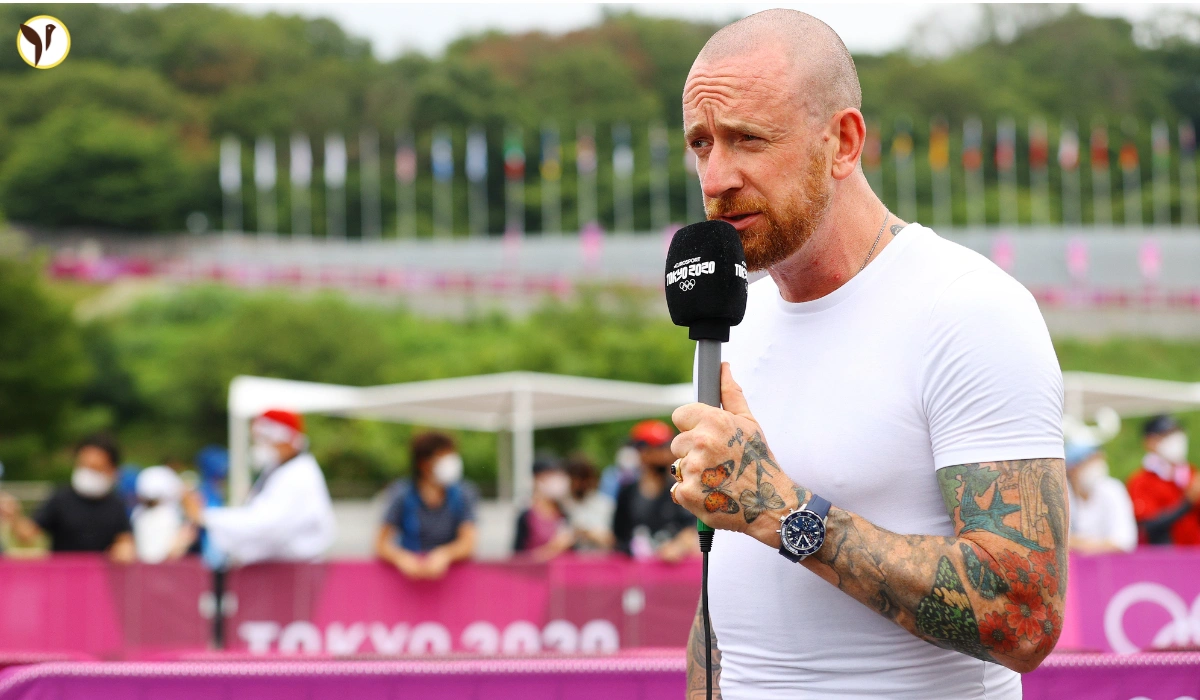Sir Bradley Wiggins: From Olympic Glory to Cocaine Addiction
When we think of Sir Bradley Wiggins, most of us picture yellow jerseys, gold medals, and that iconic moment on the podium of the 2012 Tour de France. So it's particularly heartbreaking to learn that behind the triumph, one of Britain's most celebrated cyclists was fighting a very different battle. In a stunning revelation from his new autobiography "The Chain," Wiggins has opened up about his cocaine addiction that consumed his post-cycling life, showing just how quickly the mighty can fall when the stadium lights dim.
The Hidden Struggles Behind the Gold
Reading Wiggins' confession feels like watching a different person emerge from behind the champion we thought we knew. He doesn't hold back, admitting he was "high most of the time" for years after hanging up his cycling shoes. Perhaps most gut-wrenching is the effect on his family – can you imagine the weight his son carried? "There were times my son thought I was going to be found dead in the morning," Wiggins told The Observer in an interview that left many fans reeling.
The man who once controlled every aspect of his training with military precision describes himself as a "functioning addict." It's a term that reveals so much – the façade of normalcy while everything crumbles behind closed doors. How many people looked at Wiggins post-retirement and had no idea of the chaos beneath the surface?
- Living on the Edge: "I was walking a tightrope," he confesses. For a man who balanced on two wheels at breakneck speeds, this particular balancing act proved far more dangerous. It wasn't until his children stepped in that he finally faced his demons.
- Self-Destruction in Slow Motion: What drives someone who achieved everything to sabotage themselves? Wiggins calls his addiction "a form of self-harm and self-sabotage" – a brutally honest assessment that many struggling with addiction might recognize.
- The Pressure Cooker Effect: Looking back, the signs were there. Wiggins had previously mentioned his battles with depression, even describing his most successful years as "probably the unhappiest" of his life. Fame, it seems, came at a terrible price.
For those who've followed Wiggins' career closely, this confession adds another painful layer to an already complex story. In 2022, he bravely shared that he was sexually groomed by a coach when he was just 13 years old. It's impossible not to wonder how this trauma influenced his later struggles – another battle fought silently while the world celebrated his victories.
Finding His Way Back
What makes Wiggins' story both heartbreaking and hopeful is the journey toward recovery. There's something profoundly human about his willingness to own his mistakes. No excuses. No deflection. Just raw accountability.
His family's support clearly became his anchor. Think about it – the same people who suffered through his addiction became the lifeline pulling him back from the brink. Isn't there something beautifully redemptive about that?
By speaking out, Wiggins has thrown a lifeline to others drowning in similar circumstances. His message resonates beyond cycling: even those who seem to have it all figured out can be fighting internal battles most of us couldn't imagine. And more importantly – they can find their way back.
More Than Medals and Memories
When we look at Bradley Wiggins now, what do we see? Sure, there's still the Tour champion and Olympic hero. But there's also a deeply flawed, painfully human story that might ultimately matter more than any race he ever won.
His honesty about addiction doesn't tarnish his sporting achievements – if anything, it adds a dimension of courage that transcends physical prowess. How many public figures would risk their carefully cultivated image with such brutal honesty?
Wiggins' journey reminds us that the gap between spectacular success and profound struggle can be frighteningly narrow. His story isn't just about cycling or even addiction – it's about the universal human experience of falling down and finding the strength to get back up again.
As fans, we celebrated Wiggins when he stood on podiums. Perhaps now, as he stands in his truth – vulnerable, imperfect, but fighting forward – he deserves our admiration even more. Because this victory, over his own demons, might be his most important yet.









